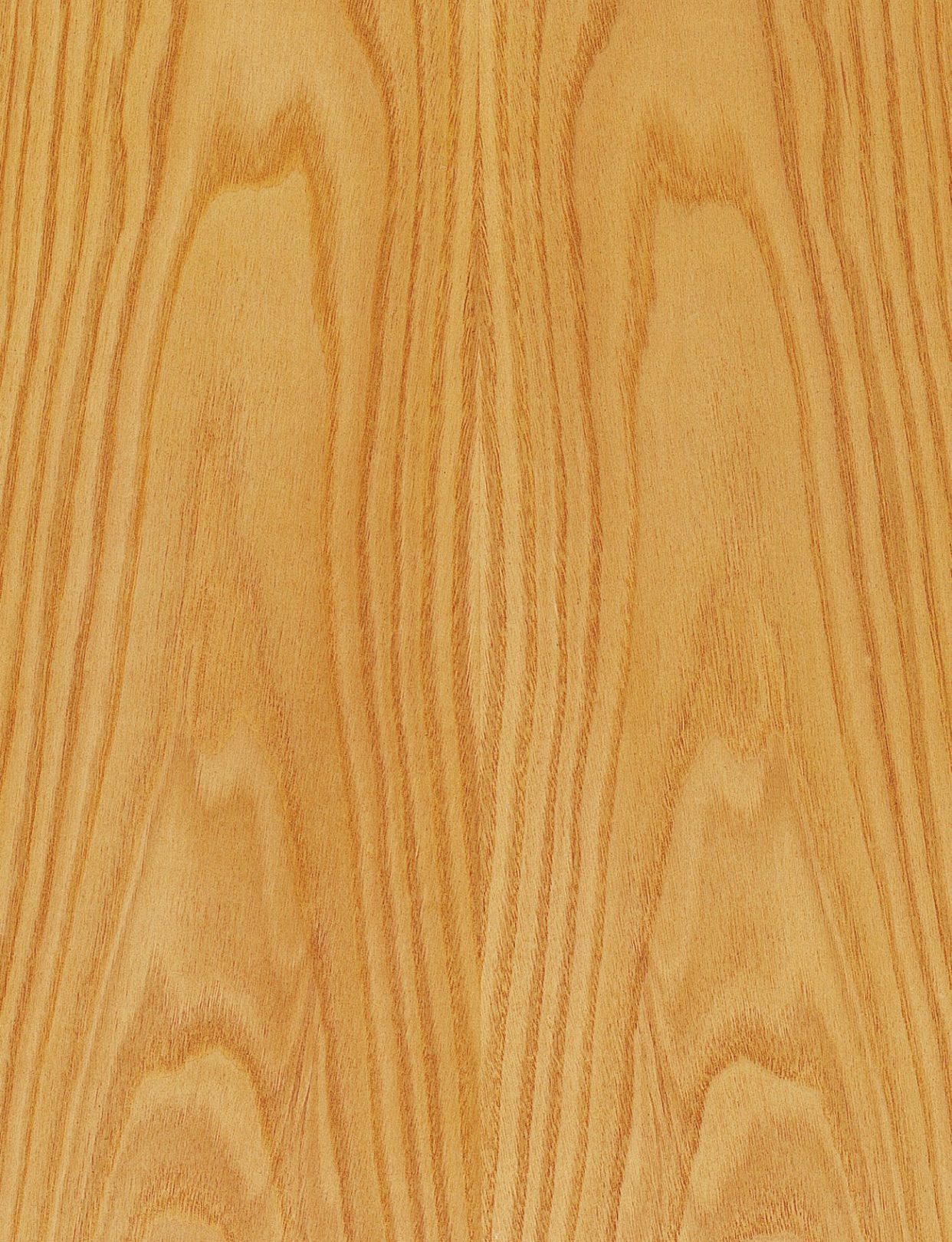
Chestnut
Castanea sativa

Trade Names
Chestnut
Origin
Europe, Asia.
Range
Western and Southern Europe, Asia Minor, North Africa. The growing region of this tree, which loves warmth, is about the same as the wine growing area. The Horse Chestnut is another botanical species which only plays a subordinate role in the wood industry.
Uses
Face veneer, furniture, paneling, stairs, parquet, special wood for shipbuilding and pilings, lumber.
Properties
The heartwood is yellow to dark brown in color and is resistant to fungi but not insects. The wood is not resistant to the weather but very durable when placed under water. Due to its slightly murky coloring it is of no great significance in the veneer trade in Europe. Frequently used in Southern Europe (Italy, Spain) for mass-produced furniture.
Machining
The machining of dry wood presents no special problem. It can be easily planed, profiled and turned.
Seasoning
Kiln drying should be carried out slowly and carefully. There is a tendency to check and warp when dried with circulating air. Satisfactory drying is only achieved with the greatest of care.
Finishing
Chestnut is easy to stain and can be treated without any difficulty with all kinds of surface finishes.
Jointing
Chestnut can be glued without difficulty. Screw and nail joints hold firmly. Discoloration can occur when coming into contact with metal due to its high tannin content.

